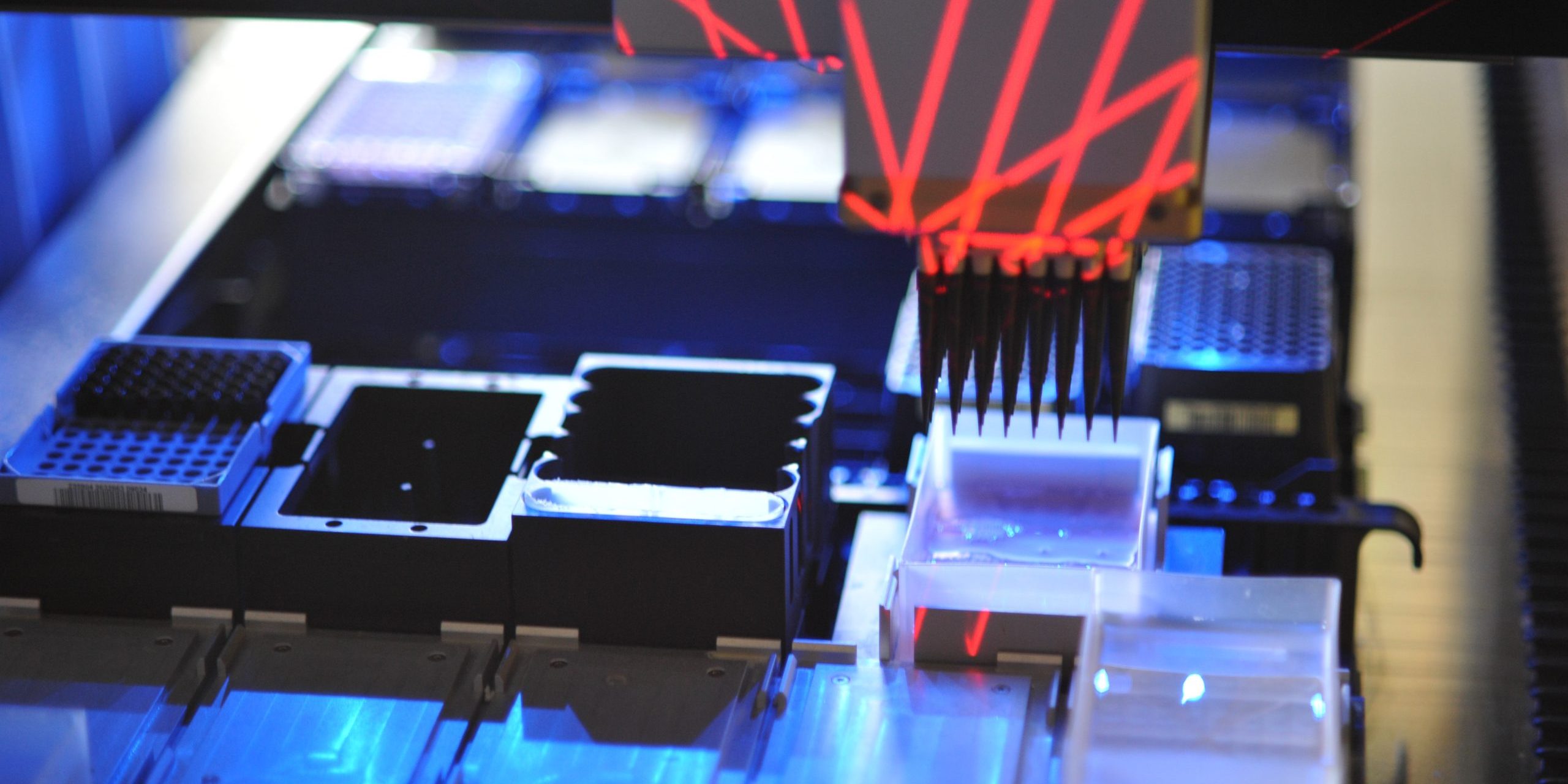Shared culturomics platform to Increase access to the vast number of microorganisms, some yet uncultivated, to understand the key functions and services to human ecosystem of microbiomes
Responsible for the project: Lionel RIGOTTIER-GOIS
Coordinating institution: INRAE
Human microbiome
Culturomics
High throughput
Health
- Total cost: €5.68 Million
- Starting date: 01/04/2024
- Duration: 6 years
- Reference: ANR-24-PESA-0002
• Overall objective:
Higher vertebrates are colonised by microbiota, microbial communities, which perform a range of major functions that are beneficial to their host, such as stimulating the immune system. The symbiosis [1] established over the course of evolution between these microbiota and their host is now being undermined by recent changes in our environment (processed foods, antibiotics, new medical and health measures), which are accompanied by a remodelling and loss of diversity in microbial communities. These changes, particularly in the intestinal microbiota, could contribute to the emergence of chronic social diseases (obesity, diabetes, intestinal inflammation, neurodegenerative or neuropsychiatric diseases). High-throughput culture approaches have recently been developed to isolate, cultivate and characterise these microorganisms, in response to the vital need for better knowledge and understanding of their functions.
In this context, the aim of the CULTISSIMO project is to integrate and develop a set of high-throughput techniques to isolate, identify and characterise anaerobic micro-organisms [2] associated with human health, in order to map fecal and intestinal microbiota.
[1] Close association of two or more different organisms, mutually beneficial, even essential to their survival.
[2] Micro-organisms that can develop in the total absence of oxygen.
• Scientific and societal challenges:
The scientific challenges are 1) to characterise the biodiversity of microorganisms in human ecosystems; 2) to preserve this biodiversity by conserving it in biological resource centers; 3) to understand the services to ecosystems by reconstructing and studying the functionalities of consortia of microbial isolates; and 4) to isolate strains with a high potential for human health.
Societal issues will lead to the development of new microbiome-derived biotherapeutics that will unchain important valorisations in basic research with clear translational benefits for human health and well-being.
• Project focuses:
Axis 1. High-throughput microbial isolation from human microbiota;
Axis 2. High throughput identification of microbial isolates;
Axis 3. Phenotyping of the isolates of interest and consortia design;
Axis 4. Conservation of microbiota, isolates and consortia.
- Coordinating institution: INRAE
- Partners institutions: Clermont Auvergne University, MIT BIOASTER, Pasteur Institut, INSERM-regional delegation “Paris IDF Centre Est”, Inserm-regional delegation “Auvergne Rhône-Alpes”

- Cultissimo project presentation video
- Chabname Ghassemi Nedjad, Mathieu Bolteau, Lucas Bourneuf, Loïc Paulevé, Clémence Frioux. Seed2LP: seed inference in metabolic networks for reverse ecology applications. Bioinformatics, 2025, 41 (4)

